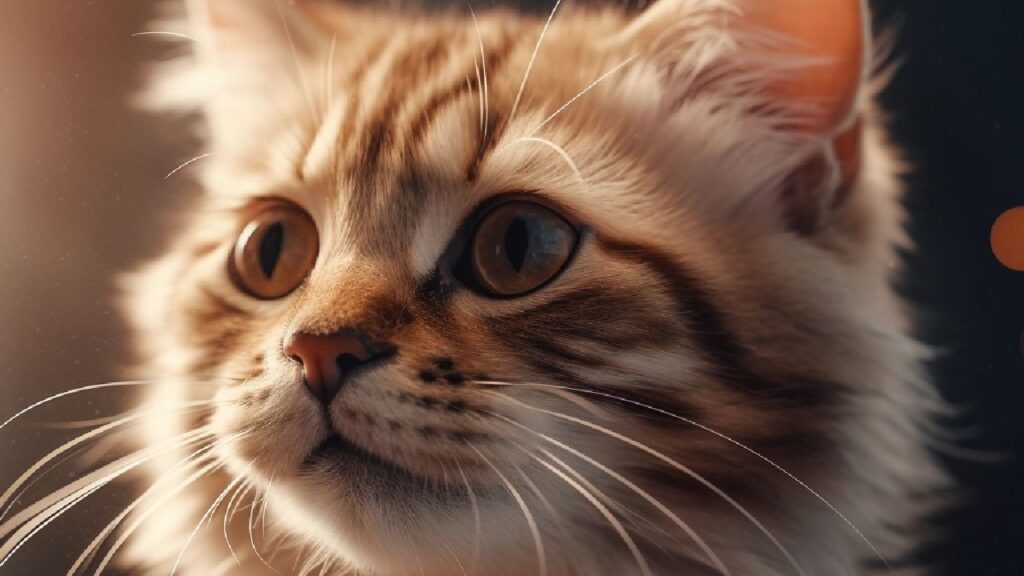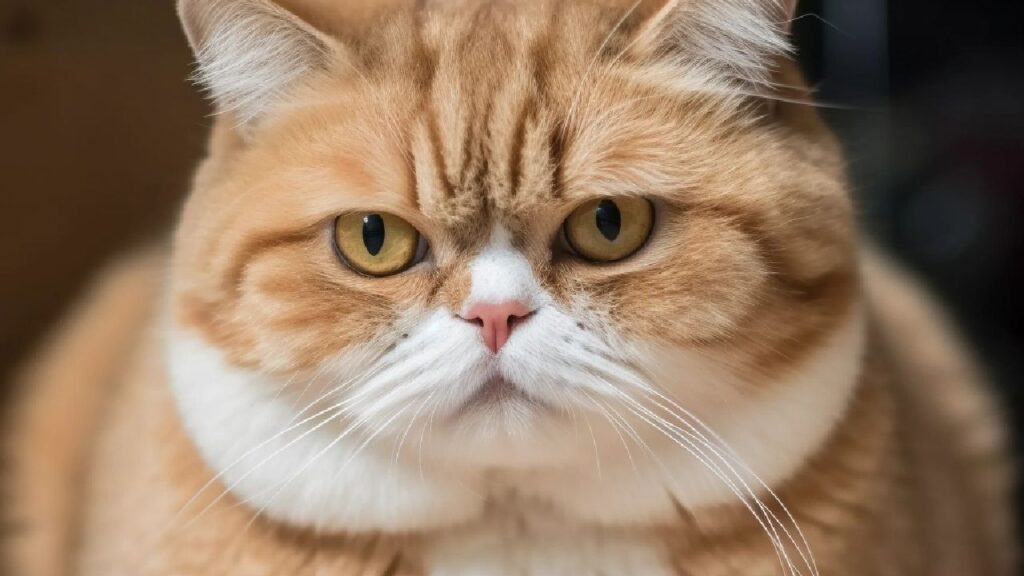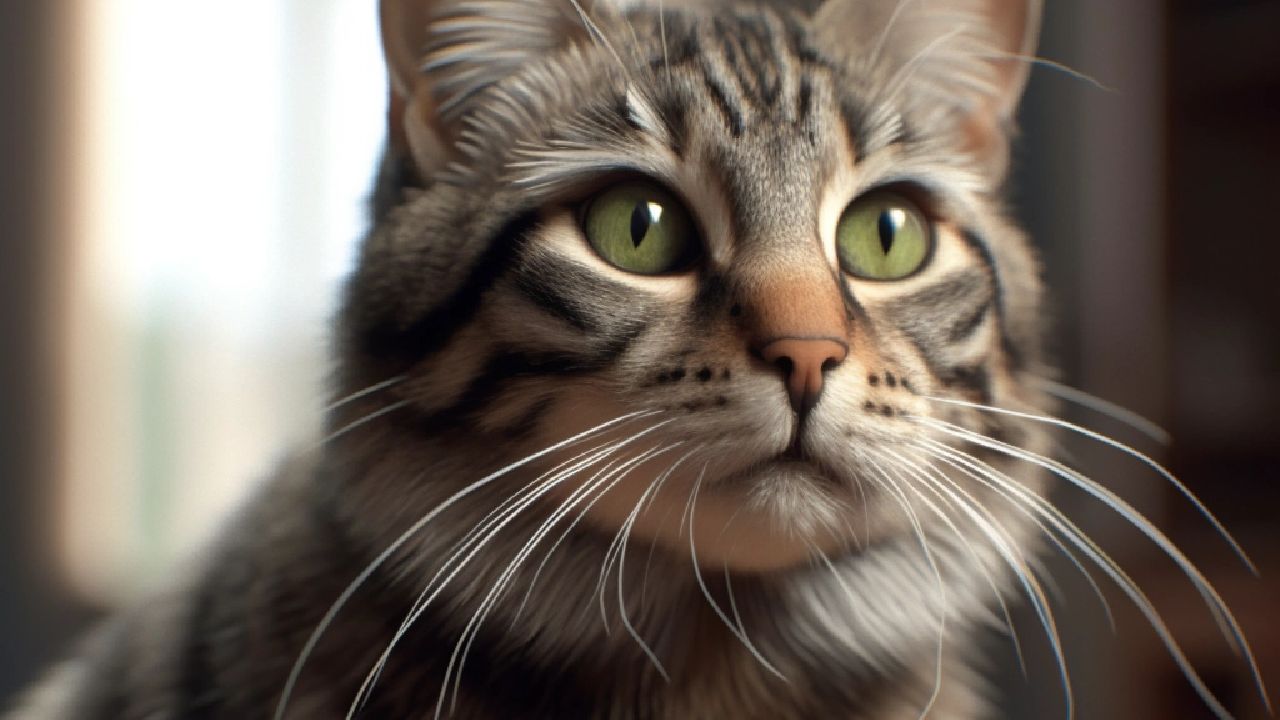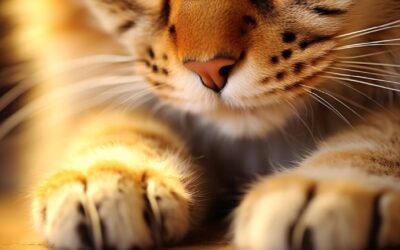The world of our feline companions is filled with mystery and wonder, and one of the most fascinating aspects is the journey of their longevity and average lifespan. With their enigmatic grace and curious nature, cats embark on an intriguing voyage through life, leaving us in awe of their resilience and charm.
This journey explores growth, companionship, and our bonds with these captivating creatures, from kittenhood to their golden years.
The Average Cat Life Expectancy
As with all living creatures, there comes a time when they bid farewell to this world. The question that often lingers in the minds of cat lovers and enthusiasts is: How long do cats typically live?
On average, domestic cats live between 12 to 16 years. However, this number merely scratches the surface of the multifaceted journey that defines a cat’s lifespan.
Some cats defy expectations and embark on journeys spanning two decades or more, while others may find their time cut shorter due to various circumstances.
Humans and Cats Through Time
The relationship between humans and cats is a tale that spans centuries, is etched in history, and is shaped by the symbiotic connection between two distinct species.
From the ancient civilizations of Egypt, where cats were revered as sacred beings, to the cozy living rooms of modern homes, where cats are cherished for their companionship, the partnership between humans and felines has stood the test of time.
Throughout history, they’ve been protectors of crops, controllers of pests, and sources of inspiration for artists and writers alike. In return, humans have provided shelter, care, and a place within the hearth.
Factors at Play in the Cat Average Lifespan Equation
Peeling back the layers of a cat’s lifespan reveals a delicate balance between genetics and environment, early care, nutrition, and ongoing veterinary attention. Each element contributes to the intricate equation determining how long a cat graces our lives.
Genetics and Environment
Like humans, cats carry a genetic blueprint that shapes their potential lifespan. Some cat breeds are predisposed to longer lives due to favorable genetics, while others may have inherent vulnerabilities that influence their longevity.
However, genetics alone do not tell the whole story. The environment in which a cat lives plays a pivotal role in how those genetic traits express themselves.

Kittenhood and Care Impacting Lifelong Health
The first few weeks and months of a cat’s life are critical in shaping its future health and longevity. Proper care during kittenhood, including nutrition, socialization, and vaccinations, can set the stage for a robust and resilient life ahead.
Kittens who receive appropriate care from their mothers and human caregivers tend to have more robust immune systems and better overall health.
The Role of Diet in Extending Lives
Imagine a world where you could impact your cat’s lifespan through the contents of its food bowl. The truth is, you can. Nutrition is a cornerstone of feline longevity.
A balanced and appropriate diet can prevent obesity, diabetes, and other health issues that can curtail a cat’s lifespan. Ensuring your cat’s diet is rich in protein, vitamins, and minerals sets the foundation for longer and healthier life.
Regular Vet Visits and Preventive Care
Think of a visit to the veterinarian not as a chore but as an investment in your cat’s future. Regular veterinary check-ups and preventive care are essential in catching potential health concerns before they escalate.
Vaccinations, parasite control, dental care, and early disease detection are all vital components of maintaining your cat’s well-being and extending its lifespan.
Cat Breeds and Longevity
Cats come in various shapes, sizes, and personalities like their human counterparts. This diversity extends beyond just their physical appearance; it also influences the duration of their lives.
Regarding cat breeds and longevity, there’s a fascinating spectrum that offers insights into how genetics, lineage, and even selective breeding intertwine to shape the lifespans of our feline friends.
Long-Lived Cat Breeds
In the mosaic of cat breeds, some seemingly possess the gift of longevity. These breeds defy the conventional boundaries of a cat’s lifespan and dance gracefully through the years.
Breeds like the Siamese and Russian Blue are often heralded for their robust constitutions and ability to stretch their lives well into their late teens and beyond. Their genetics play a significant role in their extended lifespans, allowing them to offer companionship for an extended period.
Shorter Lifespans Among Certain Cat Breeds
On the flip side, some breeds experience shorter lifespans. This isn’t a reflection of their worthiness or the depth of their companionship; instead, it’s a testament to the unique genetic makeup of each breed.
For instance, certain purebred cats, such as the Bengal, may face genetic predispositions that influence their longevity. These cats may still lead fulfilling, albeit shorter, lives due to factors deeply embedded in their breed’s genetic history.
Genetic Predispositions and Average Lifespan
The world of purebred cats is a treasure trove of unique traits, from distinctive coat patterns to specific behaviors. However, this concentrated gene pool can also give rise to genetic anomalies that impact health and lifespan.
Some breeds may be more susceptible to certain genetic diseases or conditions that can curtail their time on Earth. While advances in veterinary care can mitigate some of these concerns, genetics still wield a considerable influence on the lifespan of purebred cats.

Increasing a House Cat’s Lifespan
The joy of sharing our lives with a cat is immeasurable. The purrs, the playful antics, and the quiet moments of companionship become threads that weave a tapestry of love.
Yet, as cat lovers, we often wish for more time with our feline friends – an opportunity to bask in their presence for a little longer. Thankfully, there are steps we can take to enhance a house cat’s lifespan and make every moment count.
Mental and Physical Stimulation
A cat’s life is more than just the passage of time; it’s a symphony of experiences. Mental and physical stimulation form the notes that compose this symphony.
Play, exploration, and problem-solving opportunities enrich a cat’s life and improve its well-being. Interactive toys, scratching posts, and even designated playtimes engage a cat’s senses and keep their minds sharp.
Crafting a Cat’s Diet for a Longer Life
A cat’s health is deeply intertwined with its diet. Nourishing your feline friend with the right balance of nutrients is a powerful tool for promoting longevity. High-quality protein, essential fatty acids, and appropriate hydration build a robust feline body.
Creating a Stable and Stress-Free Environment Through Routine
Cats thrive in environments that offer predictability and security. A consistent feeding, play, and sleep routine reduces stress and creates a sense of stability, supporting a cat’s overall health. Minimizing sudden changes and providing safe havens where your cat can retreat is essential to ensure their emotional well-being.
Understanding Adult Cat Care for Extended Lifetimes
As our beloved cats age, their needs evolve. Senior cats require specialized care to navigate the challenges that come with time. Regular veterinary check-ups, a focus on joint health, and accommodations for reduced mobility all extend the golden years of your feline companion.
With proper care and attention, senior cats can continue to lead fulfilling lives filled with love and comfort.
Conclusion
Just as a cat’s whisker brushes against our skin for a fleeting moment, so are the years we share with them. The concept of nine lives is not about the quantity of time but the quality of moments that fill those years.
Each purr, each play, each tender gaze is a precious fragment of time that weaves together to form a bond that transcends the passage of time.

FAQs
Can senior cats continue to learn new tricks and behaviors?
Senior cats are capable of learning new behaviors and tricks. Be patient and use positive reinforcement techniques. Keep the training sessions short and enjoyable to accommodate their attention span.
Can supplements support my cat’s joint health?
There are joint supplements available for cats. Glucosamine and chondroitin can aid in maintaining joint health. Consult your veterinarian before introducing any supplements to your cat’s diet.
What’s the significance of establishing a daily routine for my cat?
Cats thrive on routine. A consistent daily schedule reduces anxiety and provides a sense of security. Predictable meal times, play sessions, and sleep patterns contribute to their well-being and happiness.
Can indoor cats live longer than outdoor cats?
Indoor cats often live longer than outdoor cats due to reduced exposure to risks like accidents, predators, and harsh weather. However, providing mental stimulation and exercise for indoor cats is crucial for their well-being.
Can spaying or neutering impact a cat’s lifespan?
Spaying or neutering can contribute to a longer and healthier life for cats. These procedures reduce the risk of certain cancers and behavioral issues affecting overall well-being.
Can cats live longer with proper dental care?
Proper dental care is essential for a cat’s overall health and longevity. Dental issues can lead to infections that impact other organs, so regular dental check-ups and cleaning are vital.






0 Comments